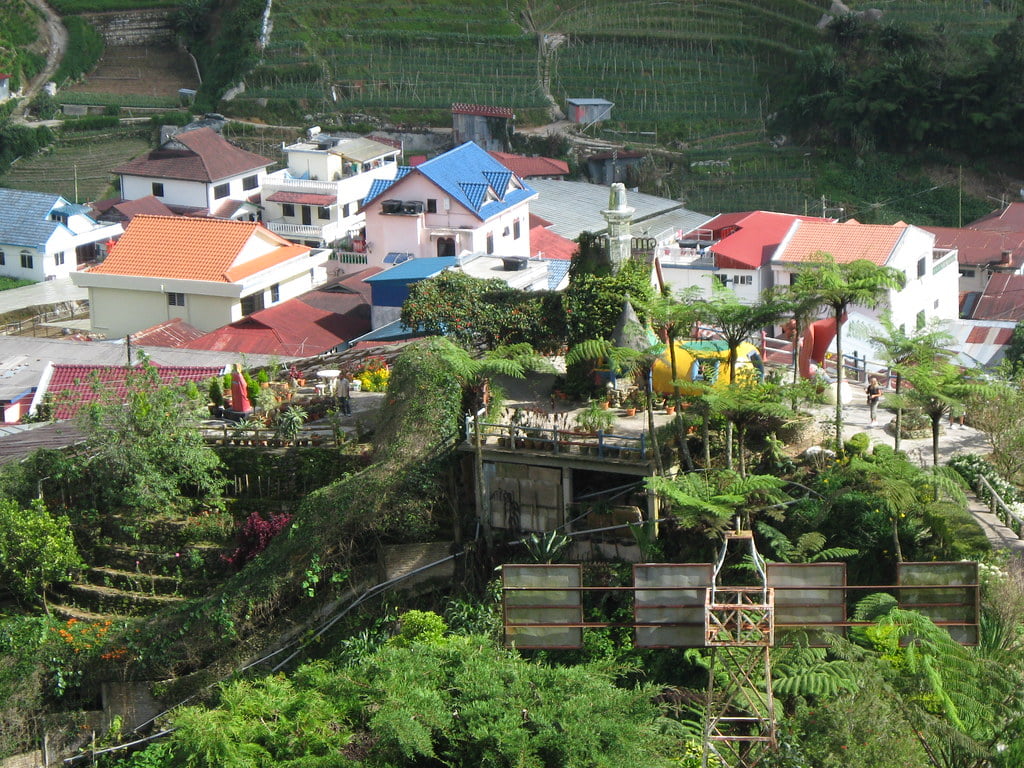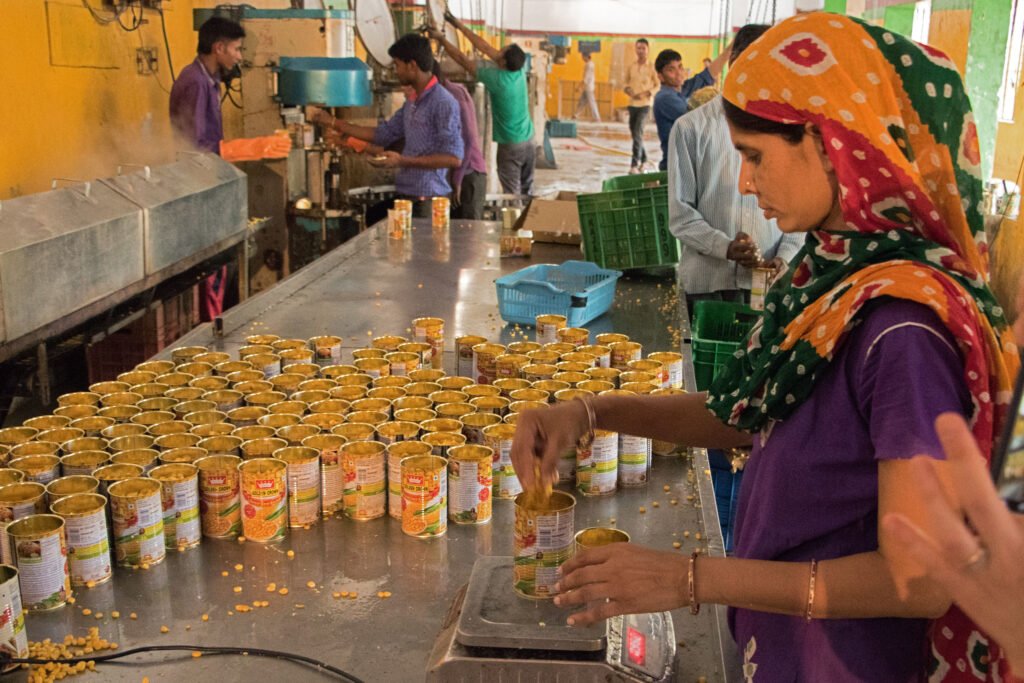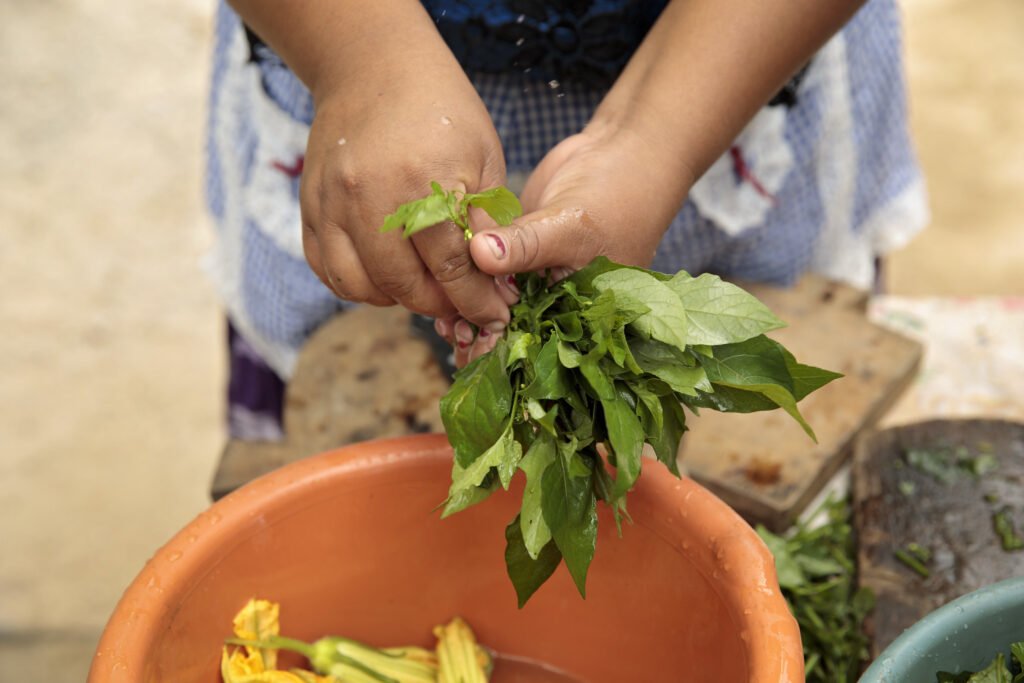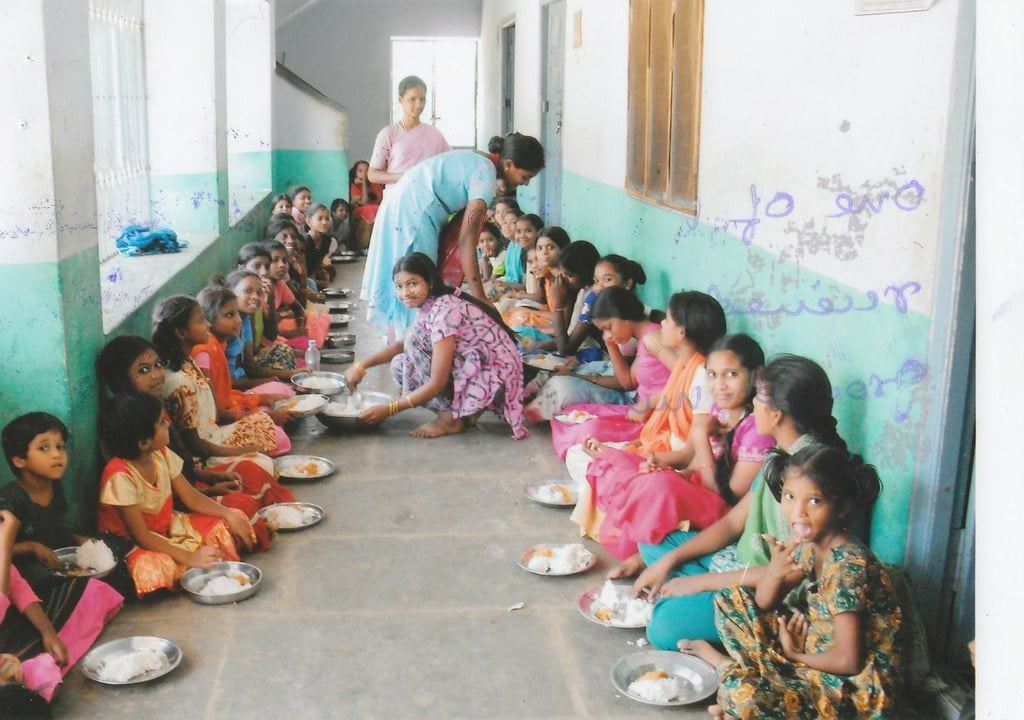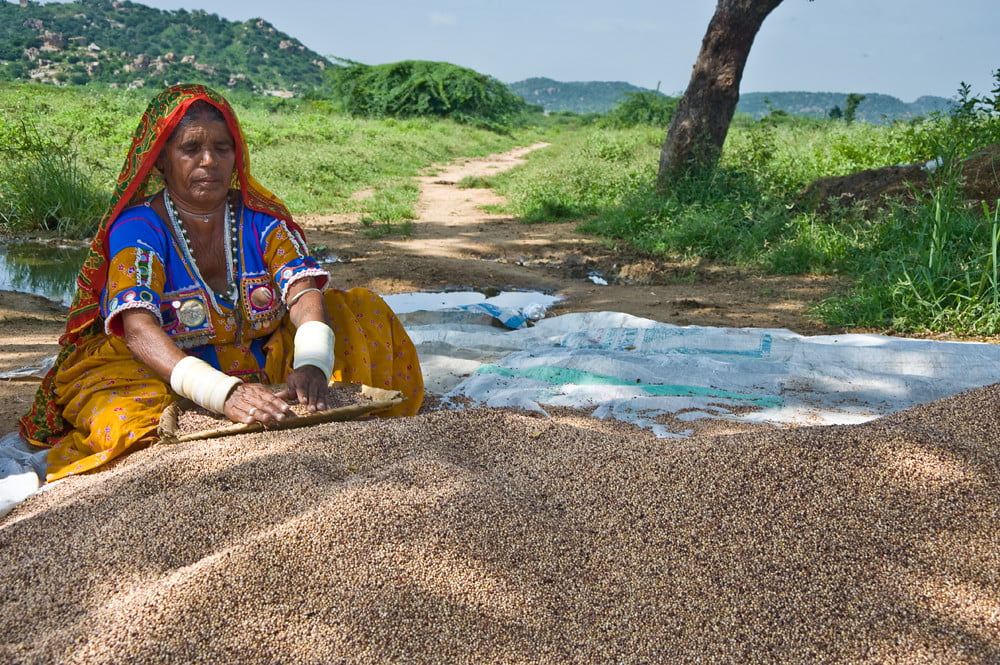Indonesia is in danger of losing most of its farmers within a generation. Government support and improved farming technology can arrest the trend.
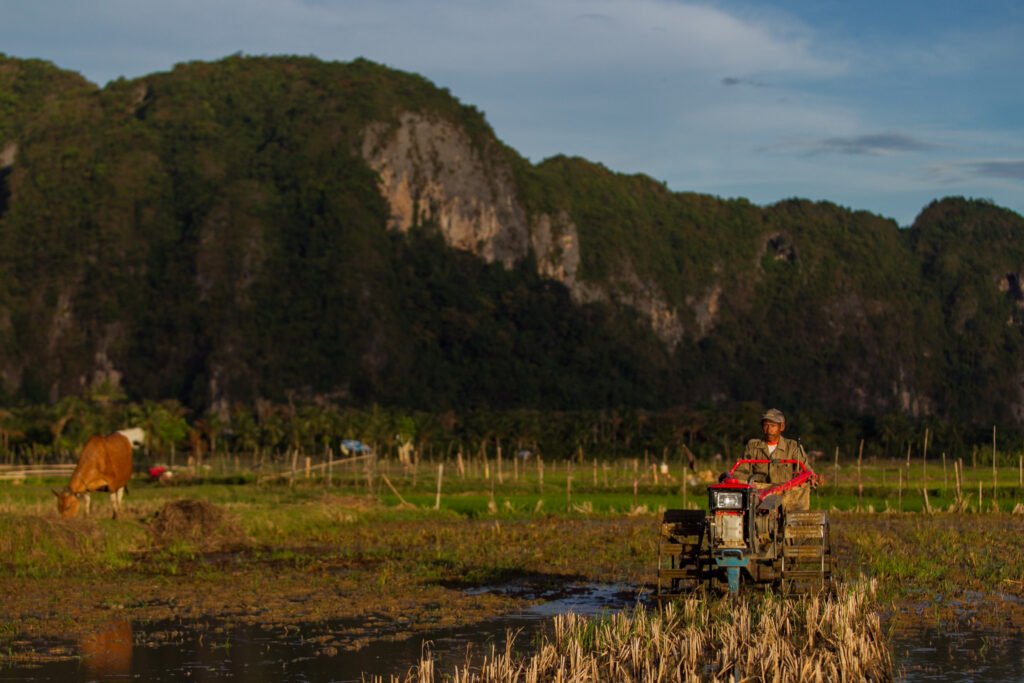 A farmer plows in Pangkajene, South Sulawesi Indonesia : Tri Saputro/CIFOR
A farmer plows in Pangkajene, South Sulawesi Indonesia : Tri Saputro/CIFOR
Indonesia is in danger of losing most of its farmers within a generation. Government support and improved farming technology can arrest the trend.
By 2063 there will be no professional farmers in Indonesia, according to the country’s National Development Planning Agency. Young people are not joining the industry, farming is becoming more expensive, and farmers are not being treated fairly in food production’s long supply chain.
More than a third (37 percent according to one study) of Indonesian farmers are more than 54 years old. By contrast, only 10 percent of farmers are aged between 25 and 34. As farmers retire, fewer and fewer young farmers are taking their place.
In 1976, 65.8 percent of workers were employed in the agricultural sector, but by 2019 that number had dropped to only 28 percent. Declining worker numbers have not been compensated for by sufficient technology and quality improvements in the sector.
This labour shortage will have a direct impact on the agricultural production process and in turn will affect the volume and quality of agricultural products. The difficulty of finding workers, especially for food agriculture, results in higher labour costs. As farming becomes more expensive, more and more farmers will sell their land and a trend of land conversion will emerge.
Food sufficiency is the greatest concern amid this growing problem. A country’s domestic production supports its food sufficiency so that it does not depend on supplies from other countries. When the number of farmers is drastically reduced, the country must turn to external producers, which have their own priorities and may not be reliable. For example, during the COVID-19 pandemic many food-producing countries were reluctant to export their food because their focus was their own domestic supply.
According to 2015 research by the People’s Coalition for Food Sovereignty and IPB University, young people think being a farmer is not profitable. They also believe the challenges of farming are increasing and the risk of failure is growing.
The government has an important role here as policymaker. One reason for farmers’ low income is lack of fair trade in agriculture. Farmers bear a high risk for a long time, but they receive the least profit compared to others in the distribution chain to consumers.
Government policies that provide special incentives to young farmers will help change young people’s perception of farming. Improving access to agricultural land and credit, expanding networks and information, and strengthening the capacity of young farmers will demonstrate that farming can be a profitable and interesting agribusiness.
Young people also consider that working in the agricultural sector is physically demanding. Technology is the best chance of addressing the problem, so agricultural universities and research institutions are well advised to make the development of agricultural technology a high priority. On the production side, this technology would facilitate the physical work carried out on the land and improve efficiency, cutting production costs and increasing profit margins.
The agricultural-development paradigm treats farmers as objects. Policies are results oriented and do not consider the impact on farmers. Farmers play a key role in food production, so their empowerment is vital.
Empowerment of farmers that includes building and increasing technical competence, participation and access to resources is a crucial aspect of agricultural development. If farmers do not have sufficient capacity to use technology, then technology is worthless, regardless of how sophisticated it is. Empowered farmers will become agile farmers, able to adapt to rapid changes in climate as well as changes in social, trade and political life.
Civil society and farmers associations do important work to empower farmers, but they need the support of the government to have a big impact.
A workforce shift from agriculture to other sectors will not endanger food security if it is compensated for by two factors: significant improvement of farmers’ skills and application of appropriate technology. Developed countries that have a low percentage of farmers and produce enough food for their population show what can be achieved.
The government can support the food management system to become more resilient amid changing circumstances so farmers get a fair reward for their work.
Government policy can also ensure agricultural industry players collaborate with farmers. It can support a system for the utilisation and development of technology that promotes the health of the industry and farmers’ welfare.
Farmers’ knowledge is the backbone of agricultural development in Indonesia. With government support, enhanced technology and the assistance of farmer organisations, coming generations of Indonesian farmers can become fully empowered to navigate future challenges.
Suryo Wiyono is head of Gerakan Petani Nusantara, a nation-wide farmers organisation in Indonesia, and Vice Dean of the Faculty of Agriculture at IPB University, Bogor, Indonesia. Dr Wiyono’s work focuses on integrated pest management and farmers’ empowerment.
Originally published under Creative Commons by 360info™.


